Have you ever wondered, why do dogs have wet noses? This intriguing question has captivated dog lovers and curious minds alike! The truth behind this fascinating secret is more than just a quirk of nature. In fact, a dog’s wet nose serves several important purposes that can enhance their health and your bond with them. But what exactly makes these adorable pets’ noses so damp? Is it just a breed thing, or does it have something to do with their sense of smell?
Many people don’t realize that a wet nose can actually indicate a dog’s overall health. From regulating body temperature to amplifying their olfactory senses, a moist nose plays a crucial role in a dog’s well-being. Plus, knowing why your furry friend’s nose is wet can help you understand their behavior better. So, if you’re curious about the science behind those cute, cold noses, stay tuned! Let’s delve deeper into the captivating world of canine biology and uncover the secrets that make our dogs so special. Join us on this journey and discover the surprising reasons behind why do dogs have wet noses!
The Science Behind Canine Noses: Why Are Dogs’ Noses Always Wet?
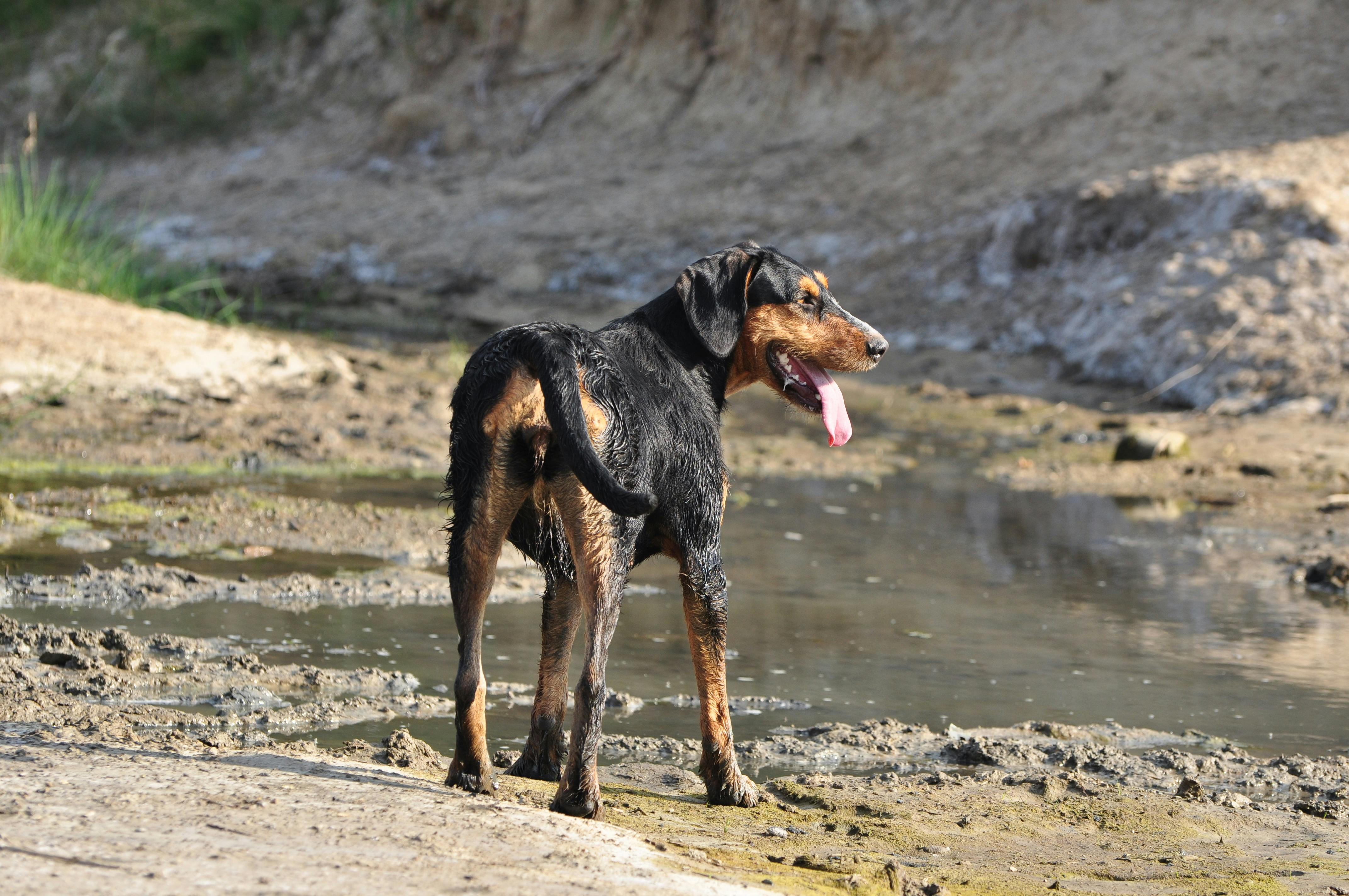
Have you ever wonder why dogs have wet noses? It’s one of those curious things about our furry friends that many people might not think about. Wet noses seem normal for dogs, but it’s actually a fascinating science behind it. In fact, a dog’s nose is a remarkable organ, designed to help them explore the world around them.
The Biology of a Dog’s Nose
Dogs have more olfactory receptors in their noses than humans do. While humans have about 5 million olfactory receptors, dogs have somewhere between 200 million to 300 million. This allows them to detect smells that we can’t even imagine. But why are their noses often wet?
Moisture Helps with Smelling: When a dog’s nose is wet, it helps to trap scent particles. This moisture increases the surface area of the nose, allowing more scent molecules to attach to it. Dogs are able to smell better when their noses are damp, which is likely why you often see them licking their noses.
Temperature Regulation: Just like humans sweat to cool down, dogs can use their noses to regulate their body temperature. A wet nose can help cool a dog down, giving them a little relief on warm days.
Health Indicator: A dog’s nose can also be an indicator of their health. A healthy dog usually has a cool and slightly wet nose. Conversely, if a dog’s nose is dry and warm, it could indicate a fever or that they are dehydrated.
Why Do Dogs Lick Their Noses?
Dogs lick their noses for several reasons:
- To Keep It Moist: Licking helps maintain the moisture on their noses, which is crucial for their sense of smell.
- To Clean It: Just like humans wash their faces, dogs lick their noses to clean off dirt and debris.
- To Soothe Themselves: Licking can be a calming action for dogs when they are anxious or uncertain about something.
Historical Context of Dogs’ Noses
Dogs have been our companions for thousands of years. Over time, they have evolved unique adaptations to help them survive and thrive alongside humans. The wet nose is just one of these adaptations. Historically, dogs were bred for various purposes like herding, hunting, and guarding. Their enhanced sense of smell played a vital role in their ability to fulfill these roles.
Comparison: Dog Noses vs. Human Noses
Here’s a quick comparison to highlight the differences between dog noses and human noses:
| Feature | Dogs | Humans |
|---|---|---|
| Olfactory Receptors | 200-300 million | About 5 million |
| Sense of Smell | 10,000 to 100,000 times better | Less acute |
| Moisture | Typically wet | Generally dry |
| Temperature Regulation | Yes | No |
Fun Facts About Dog Noses
- Unique Patterns: Just like human fingerprints, every dog has a unique nose print. It can actually be used to identify them!
- Scent Discrimination: Dogs can identify certain scents even when mixed with others. For example, they can sniff out a specific person in a crowded area.
- Health Detection: Some dogs are trained to detect diseases like cancer and diabetes by smelling changes in their owner’s body chemistry.
Practical Implications for Dog Owners
As a dog owner, understanding the science of canine noses can help you take better care of your pet. Here are some tips:
- Regular Nose Checks: Keep an eye on your dog’s nose. If it seems excessively dry or cracked, consult a veterinarian.
- Hydration: Ensure your dog drinks plenty of water, especially during hot weather. A hydrated dog is likely to have a healthier nose.
- Nose Care: Sometimes, dogs can get dry noses due to environmental factors. Consider using a pet-safe moisturizer if needed.
Knowing how a dog’s nose works can deepen the bond between you and your furry friend. The next time your dog gives you that adorable wet-nosed nudge, remember the science behind it. It’s not just a cute quirk; it’s a part of what makes them incredible companions. Understanding why do dogs have wet noses not only enhances our appreciation for them but also helps us care for their health in a more informed way.
5 Surprising Benefits of Wet Noses in Dogs: What Every Pet Owner Should Know
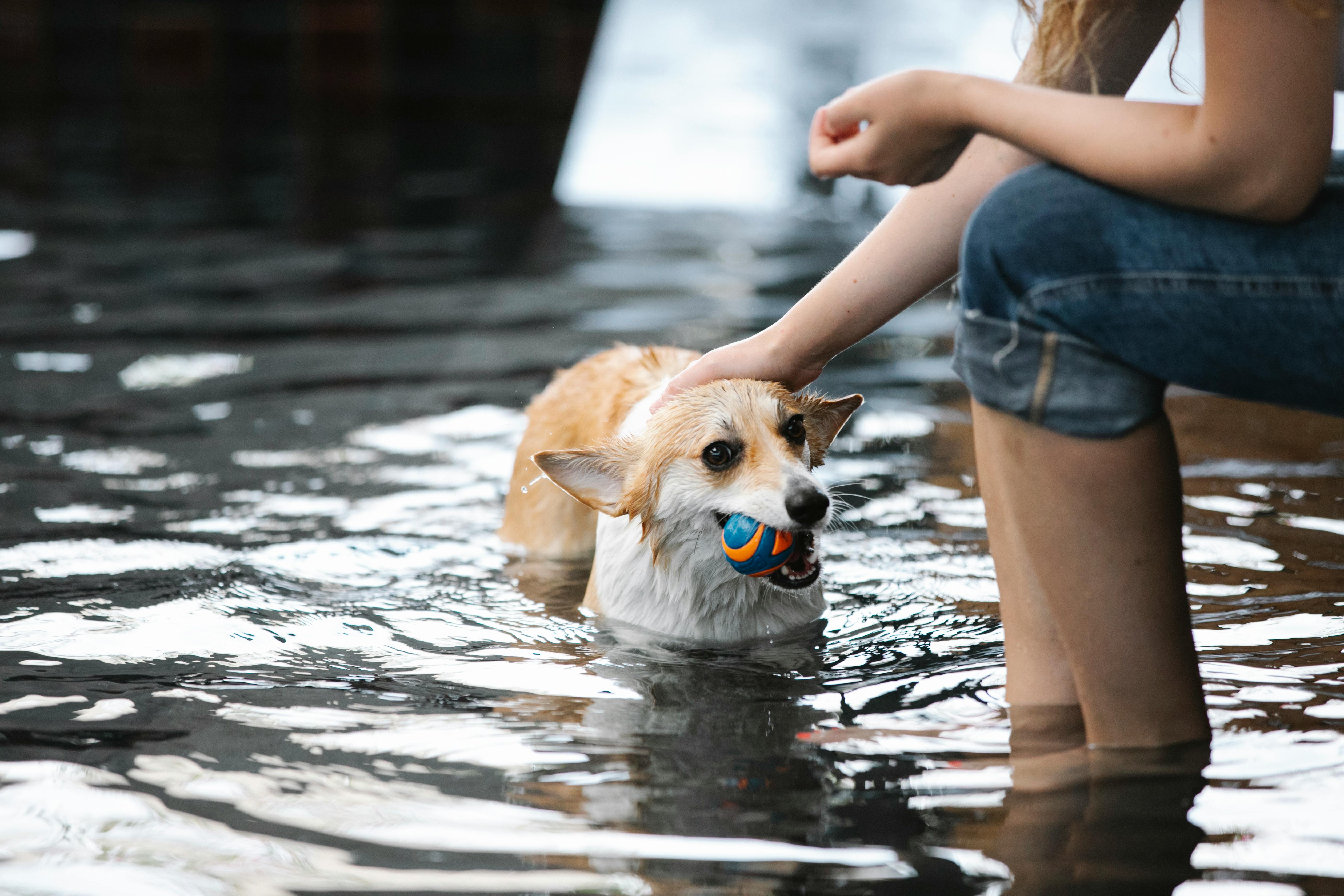
Dogs are often called man’s best friend, and one of their most endearing features is their wet noses. But have you ever wondered why do dogs have wet noses? It’s more than just a cute trait; it’s a fascinating aspect of canine biology that comes with some surprising benefits. Here, we’ll explore five unexpected advantages of having a wet nose and what every pet owner should know about this unique characteristic.
1. Enhanced Sense of Smell
Did you know that a dog’s sense of smell is thousands of times more powerful than a human’s? This is partly due to their wet noses. The moisture on their noses helps to capture scent particles from the air, allowing dogs to process smells more effectively. When their noses are wet, they can absorb these particles better, which helps them detect everything from food to other animals, and even humans.
- Wet noses help in:
- Capturing scent particles
- Enhancing olfactory receptors
- Identifying food and potential dangers
2. Temperature Regulation
Another surprising benefit of wet noses is their role in thermoregulation. Dogs don’t sweat like humans do; instead, they rely on their noses and paw pads to cool down. When a dog’s nose is wet, it helps to evaporate moisture, which cools them off. This is vital during hot weather, as it can help prevent overheating.
- Ways dogs regulate temperature:
- Licking their noses
- Panting
- Using their wet noses to release heat
3. Health Indicator
Pet owners should pay attention to their dog’s nose as it can be a good indicator of their health. A healthy dog usually has a moist, cool nose. If you notice that your dog’s nose is excessively dry or warm, it could signal an underlying health issue. Conditions like fever or dehydration could be indicated by changes in nose moisture.
- Signs of health issues:
- Dry, cracked nose could mean dehydration
- Warm nose might indicate a fever
- Change in nose texture or color can indicate allergies
4. Social Communication
Dogs communicate in various ways, and their noses play a role in this too. A wet nose can be a friendly gesture, a way to show affection or to greet humans and other animals. When a dog nudges you with their wet nose, they’re often seeking attention or trying to express love.
- Different meanings of a wet nose:
- Seeking attention
- Greeting you
- Showing affection
5. Natural Lubrication
Wet noses also serve a practical purpose in maintaining nasal health. The moisture helps to keep the nasal passages lubricated, which is important for optimal respiratory function. This lubrication can help dogs breathe easier and filter out particles and allergens from the air they inhale.
- Benefits of nasal lubrication:
- Easier breathing
- Better filtration of allergens
- Helps maintain respiratory health
Why Do Dogs Have Wet Noses?
So, why do dogs have wet noses? It’s really a blend of biology and evolution. The moisture on their noses is not just there for show; it serves several crucial functions that benefit their survival and well-being. Over time, dogs have developed this feature to help them hunt, socialize, and stay healthy.
Conclusion
Wet noses are more than just an adorable characteristic of dogs; they have important roles in a dog’s life. From enhancing their sense of smell to regulating temperature and indicating health, these moist appendages are essential to your furry friend’s quality of life. As a pet owner, being aware of the significance of a wet nose can enhance your understanding of your dog’s well-being and help you provide better care. Embrace the unique features of your dog, and never underestimate the power of that wet nose!
Do Wet Noses Mean a Healthy Dog? Understanding Canine Health Indicators
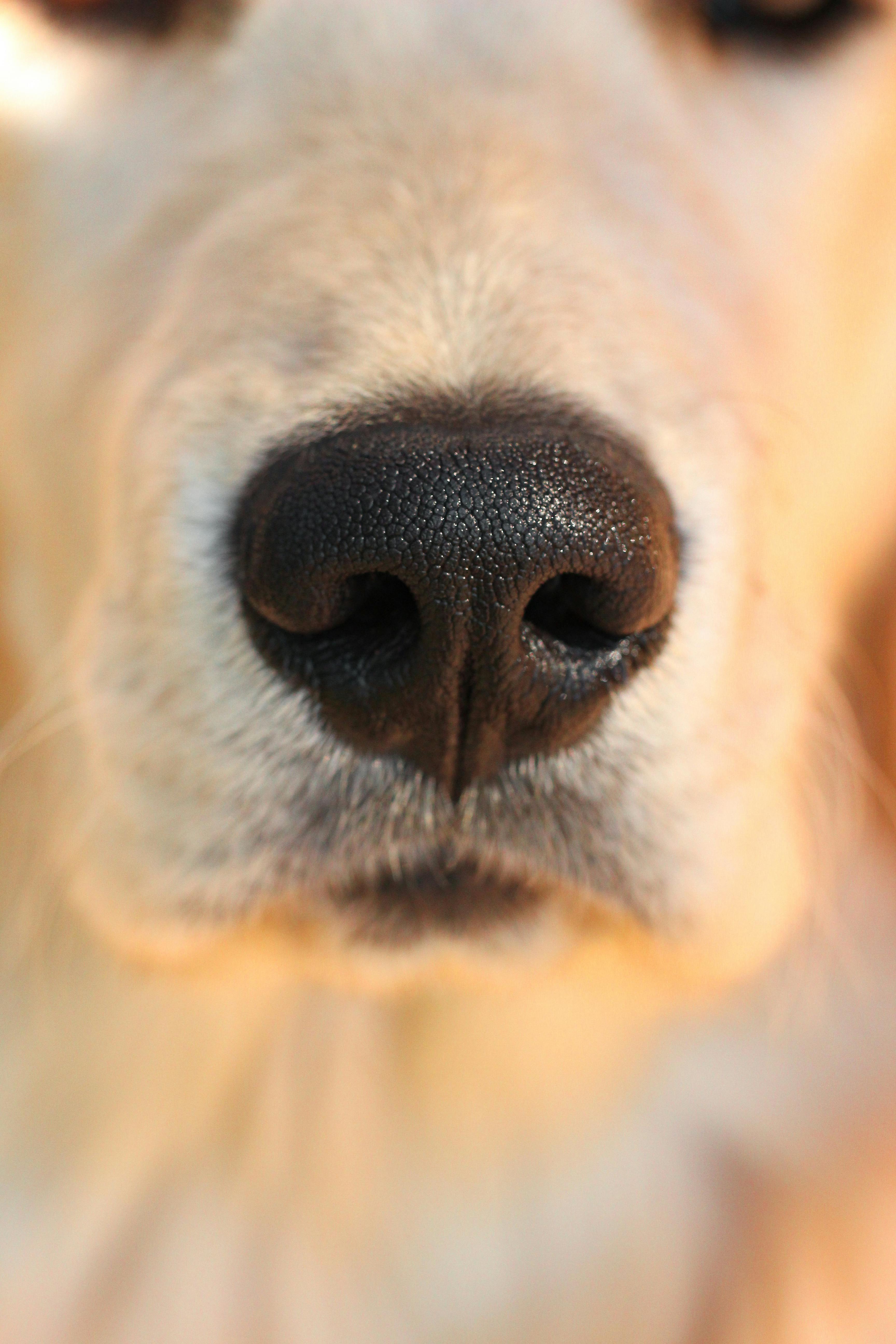
When you see a dog with a wet nose, it’s easy to think that it must be healthy. But is that true? Many dog owners often wonder why do dogs have wet noses and if it’s a sign of good health. It’s fascinating how these furry companions communicate their well-being through various physical signs, and their noses are one of the most interesting indicators. In this article, we will explore the reasons behind wet noses in dogs, what it means for their health, and other signs that can indicate how your pup is feeling.
Why Do Dogs Have Wet Noses?
Dogs have wet noses for several reasons, and it’s not just because they like to sniff everything. Their noses are designed to help them sense the world around them. Here’s some reasons why a dog’s nose is often wet:
Cooling Mechanism: Dogs do not sweat like humans do. Instead, they rely on panting and having a moist nose to help regulate their body temperature. The wetness helps to cool them down, keeping them comfortable, especially during hot weather.
Enhanced Smell: A wet nose can catch more scent particles from the air. The moisture helps to trap these scents, allowing dogs to identify smells much better. This is crucial for their survival and helps them in various activities like hunting or simply exploring their environment.
Sensory Function: The nose is packed with nerve endings, and the moisture helps to enhance their sense of smell. A dog’s sense of smell is way more powerful than humans, and a wet nose can improve that ability even further.
Do Wet Noses Mean a Healthy Dog?
While a wet nose can indicate that a dog is generally healthy, it’s not the only sign to look for. Some factors can make a dog’s nose dry or warm, which doesn’t necessarily mean there’s something wrong. Here’s a breakdown:
Signs of a Healthy Dog:
- Wet nose
- Good appetite
- Active and playful behavior
- Bright, clear eyes
- Healthy coat
Signs of Potential Health Issues:
- Dry or cracked nose
- Excessive licking of the nose
- Lethargy or lack of interest in food
- Coughing or difficulty breathing
- Vomiting or diarrhea
What Affects a Dog’s Nose Moisture?
Several factors can influence how wet or dry a dog’s nose is. Here’s what you should consider:
Weather Conditions: Hot and dry weather can lead to a drier nose. Conversely, cooler and humid weather may result in a wetter nose.
Health Conditions: Certain health problems, such as fever or dehydration, may cause a dog’s nose to be dry. If your dog’s nose suddenly becomes dry, it might be wise to consult a veterinarian.
Diet and Hydration: A poor diet or not drinking enough water can impact the moisture level of a dog’s nose. Always ensure your pet has access to fresh water and a balanced diet.
Fun Facts About Dog Noses
Unique Patterns: Just like human fingerprints, each dog has a unique nose print. Vets can use this for identification purposes!
Temperature Changes: The temperature of a dog’s nose can fluctuate. A warm nose could indicate a fever, but it’s not a definitive sign.
Licking Habits: Dogs often lick their noses to keep them moist. It’s a natural behavior that helps maintain their sense of smell.
How to Care for Your Dog’s Nose
Keeping your dog’s nose healthy is important. Here’s how you can help:
Hydration: Always provide fresh water. Dehydration can lead to a dry nose.
Balanced Diet: Feed your dog high-quality food to ensure they get the nutrients they need.
Veterinary Check-ups: Regular visits to the vet can help catch any health issues early on.
Observation: Keep an eye on your dog’s overall behavior and physical condition. If you notice any changes, don’t hesitate to consult a professional.
In conclusion, while a wet nose can be a sign of a healthy dog, it’s important to consider other aspects of your furry friend’s well-being. Understanding why dogs have wet noses and what it signifies can help you take better care of your beloved pet. Always look at the whole picture, and remember that every dog is unique. If in doubt, consult with a veterinarian who can provide you with tailored advice for your canine companion.
Why Do Dogs Lick Their Noses? Unveiling the Mystery of Canine Behavior

Dogs are truly fascinating creatures, and their behavior often leaves us with questions. One of the most common quirks that dog owners notice is their furry friends licking their noses. Have you ever wondered why do dogs lick their noses? Or why do dogs have wet noses? Let’s dive into these intriguing aspects of canine behavior and discover the secrets behind those damp snouts.
The Science Behind Nose Licking
Dogs lick their noses for several reasons, and understanding this behavior can help us better relate to our pets. Here are a few main reasons why dogs lick their noses:
Taste and Smell: Dogs have an incredible sense of smell, far superior to humans. Licking their noses helps them capture scents and tastes. When they lick, it moistens their nose, allowing scent particles to be absorbed better. A wet nose can actually enhance their ability to detect smells.
Cooling Off: Just like humans sweat to cool down, dogs can use their noses too. When they lick their noses, it can help regulate their body temperature. This is not the primary method of cooling but can aid in the process.
Communication: In the canine world, licking can be a form of communication. Dogs may lick their noses when they are nervous or anxious, signaling to other dogs or humans that they might be feeling uncomfortable.
Cleaning: Dogs are naturally inclined to keep themselves clean. Licking their noses can help remove dirt, food particles, or other debris. It’s a grooming habit that keeps them looking sharp.
Why Do Dogs Have Wet Noses?
Now, onto another question many pet owners ask: why do dogs have wet noses? A dog’s wet nose plays a significant role in their overall health and behavior. Here’s what you need to know:
Enhanced Scent Detection: A wet nose helps dogs pick up scents more effectively. The moisture captures scent particles in the air, making it easier for dogs to identify different smells. This is why you often see them sniffing things; they are just trying to gather information.
Thermoregulation: Dogs do not sweat like humans do. Instead, their bodies rely on panting and their noses to help regulate temperature. A wet nose can help cool them down, especially when they are active.
Health Indicator: The condition of a dog’s nose can sometimes indicate their health status. A healthy dog usually has a moist, cool nose. If a dog’s nose is dry, cracked, or excessively warm, it might be a sign of illness or dehydration. Regularly checking your dog’s nose can help you spot potential health issues early.
Fun Facts About Dogs’ Noses
Here are some interesting tidbits about dogs and their noses that you might not know:
Different breeds have varying shapes of noses, which can affect their sense of smell. For example, hounds are known for their exceptional sniffing abilities!
Dogs have about 300 million olfactory receptors in their noses, compared to only about 5 million in humans.
The unique patterns on a dog’s nose are similar to human fingerprints; no two dogs have the exact same nose print.
Dogs can detect certain diseases, including cancer and diabetes, through scent, thanks to their remarkable sense of smell.
Tips for Caring for Your Dog’s Nose
Keeping your dog’s nose healthy is important. Here are some quick tips:
Hydration: Ensure your dog has access to fresh water at all times. Hydration helps maintain that moist, healthy nose.
Protection: In extreme weather, protect your dog’s nose from cracking or getting sunburned. Use dog-safe balms or keep them indoors during harsh conditions.
Regular Check-Ups: Monitor your dog’s nose for any changes in texture, color, or temperature. If you notice anything unusual, consult your veterinarian.
Diet: A balanced diet can contribute to overall skin and coat health, including your dog’s nose.
Conclusion
Understanding why do dogs lick their noses and why do dogs have wet noses can enhance your relationship with your furry friend. It’s intriguing to learn that these behaviors are not merely quirks but serve important functions in their lives. By paying attention to your dog’s nose and behaviors, you can better care for them and appreciate the unique ways in which they communicate and interact with the world around them. Embrace these fascinating aspects of canine life, and enjoy the bond you share with your pet.
How a Dog’s Wet Nose Enhances Their Sense of Smell: The Fascinating Facts
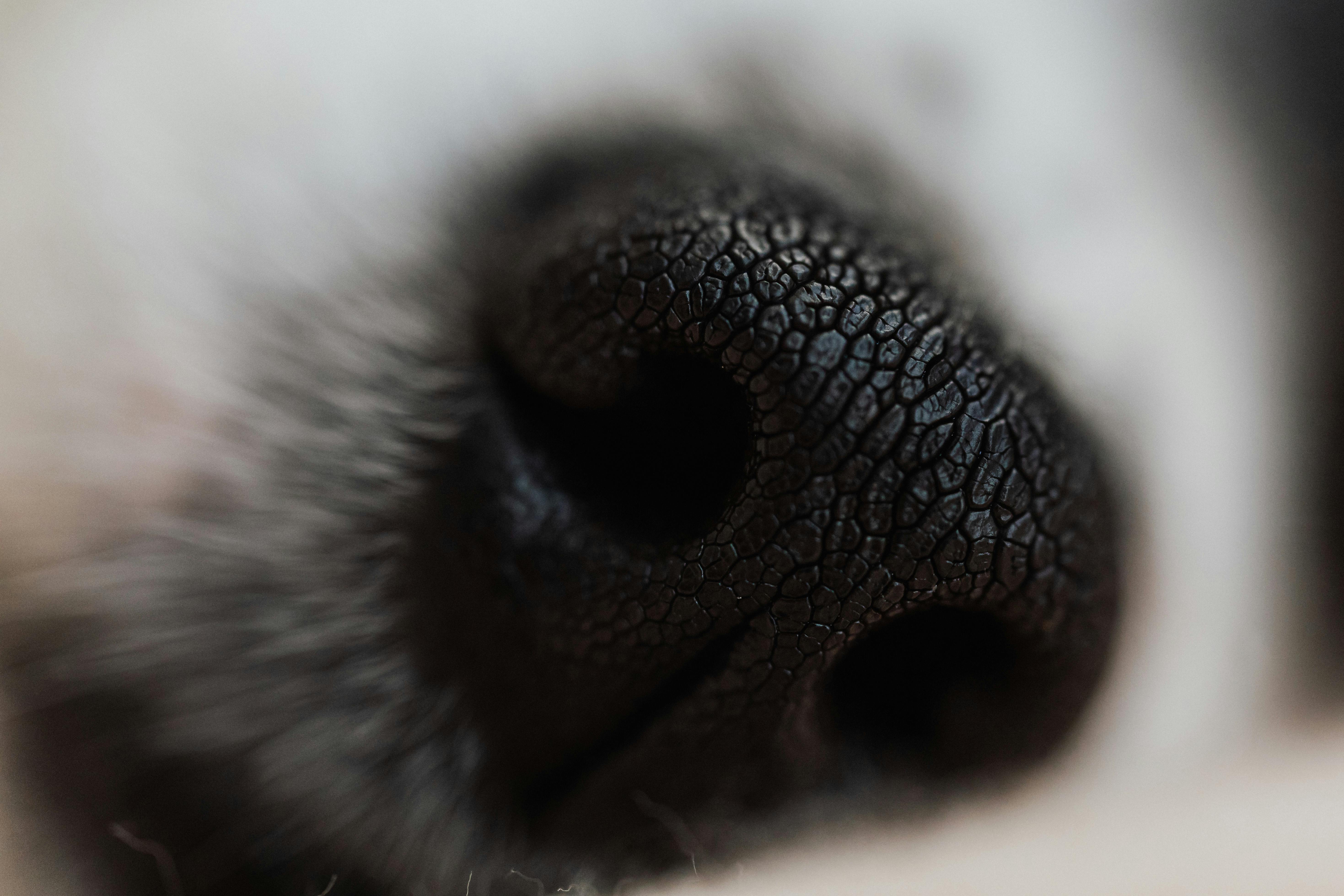
Dogs are truly amazing creatures, and one of their most intriguing features is their wet noses. You might have noticed that every time you pet a dog, their nose feels cool and damp. Have you ever wondered why is that? How does a dog’s wet nose helps them smell better? In this article, we will explore the fascinating facts about why do dogs have wet noses and how that enhances their sense of smell.
The Science Behind a Dog’s Nose
Dogs have an incredible sense of smell, estimated to be anywhere from 10,000 to 100,000 times more acute than humans. Their noses are specially designed for detecting scents. Here are some key facts about dog noses:
- Dogs have about 300 million olfactory receptors in their noses, compared to a human’s 5 million.
- The part of a dog’s brain that processes smells is about 40 times larger than that of humans.
- Dogs can even smell certain medical conditions like diabetes or cancer in humans!
So, how does the wetness of their nose play into all this?
Why Are Dog Noses Wet?
The wetness of a dog’s nose is crucial for their olfactory abilities. Here is why:
- Moisture Helps Absorb Scents: The wet surface of a dog’s nose helps to capture scent particles better. When scents dissolve in the moisture, the olfactory receptors can detect them more effectively.
- Temperature Regulation: Dogs don’t sweat the way humans do. Their noses help cool them down, as the evaporation of moisture cools the surface.
- Enhanced Sensitivity: A wet nose can help dogs detect even the faintest of smells. This is especially important when they are tracking something or searching for food.
Historical Context
Historically, dogs have been used for hunting and tracking due to their exceptional sense of smell. In ancient times, dogs were bred specifically for their abilities. For example:
- Bloodhounds: Known as the best tracking dogs, their sense of smell is so acute that they can follow a scent trail that is days old.
- Beagles: Often used in search and rescue operations, these dogs have a keen sense of smell that helps them locate missing persons.
The Fascinating Facts About Wet Noses
Here are some intriguing facts about dog noses that you might not know:
- Dogs can distinguish between various scents and can even tell if something is familiar or foreign to them.
- The pattern of a dog’s nose is unique, much like human fingerprints. This means every dog has a distinct nose print!
- Dogs can even detect emotions through smell. For instance, they can sense when a person is anxious or fearful.
How to Keep Your Dog’s Nose Healthy
A dog’s nose is not just for smelling; it also needs to be healthy. Here are some tips to ensure your pup’s nose stays in top condition:
- Stay Hydrated: Make sure your dog has access to fresh water. Hydration helps maintain the moisture in their nose.
- Watch Out for Dryness: If you notice your dog’s nose is excessively dry or cracking, consult a vet. This could be a sign of health issues.
- Protect from Harsh Weather: In extreme cold or heat, consider using a pet-safe balm to protect their nose.
Fun Comparisons Between Dog and Human Smell
Let’s take a look at how dog noses stack up against human noses in terms of smell:
- Olfactory Receptors: Humans have about 5 million, dogs have around 300 million.
- Scent Memory: Dogs can remember smells for years, while humans often forget scents quickly.
- Detecting Scents: Dogs can identify a specific scent in a mixture of thousands, while humans struggle to differentiate.
Practical Examples of Canine Scent Abilities
Dogs are used in various fields because of their incredible sense of smell. Here are some examples:
- Search and Rescue: Dogs are trained to find missing persons in disaster scenarios.
- Medical Detection: Some dogs are trained to detect diseases like cancer or infections by sniffing breath or skin samples.
- Law Enforcement: Police dogs are often used to sniff out drugs or explosives, as they can detect tiny amounts of these substances.
The next time you pet a dog and feel that wet nose, remember that it’s not just an adorable feature; it’s a fascinating adaptation that enhances their ability to smell. Their noses play a crucial role in how they interact with the world. Understanding this unique aspect of dogs can help us appreciate them even more. Dogs truly are remarkable beings, and their wet noses are just one of the many secrets that make them special.
The Role of Moisture in Dog Noses: 7 Reasons Why It Matters for Your Pup
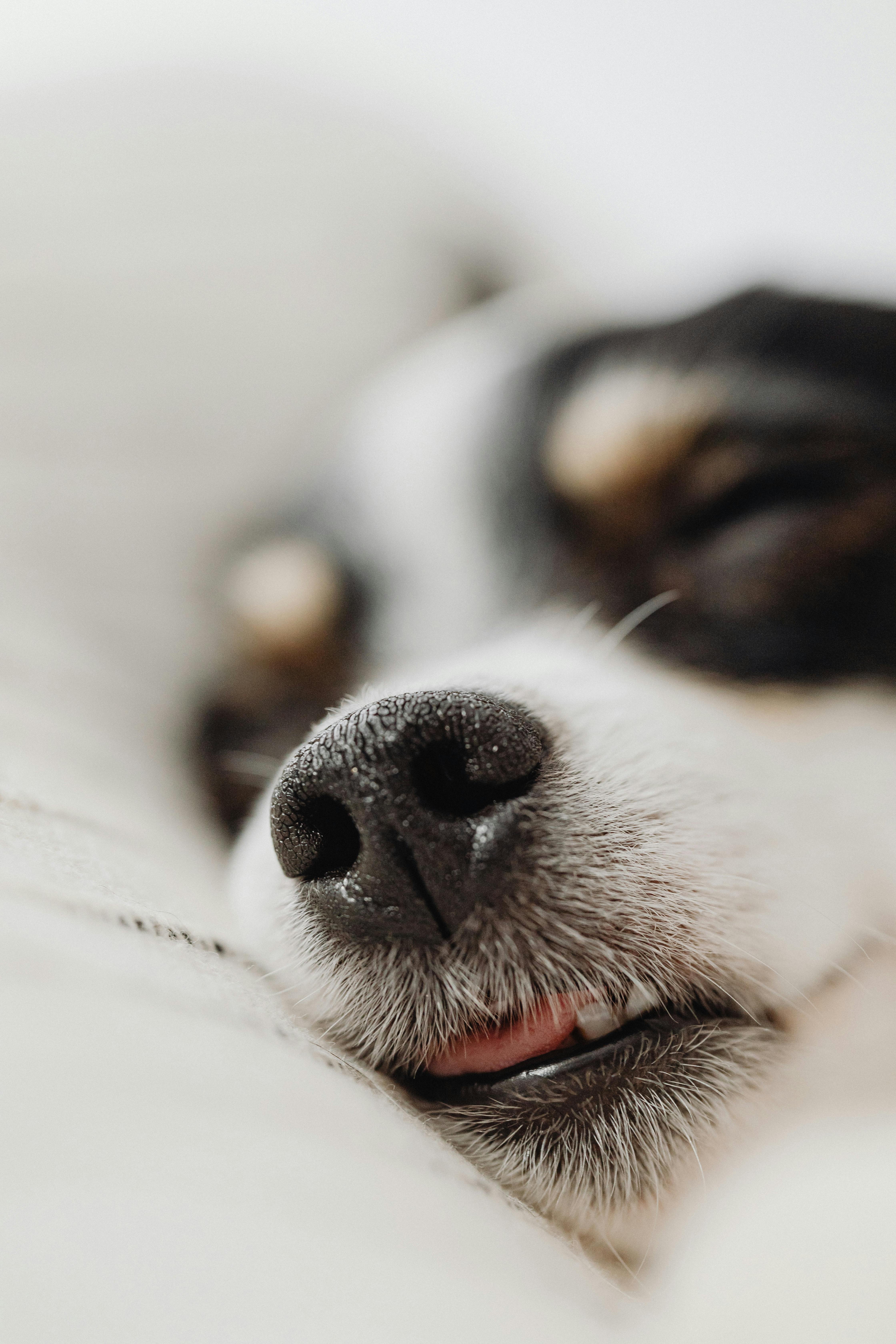
Dogs, those lovable furry companions, have many peculiarities that make them unique. One of the most interesting traits is their noses. Ever noticed how your dog’s nose feels cool and damp? Why do dogs have wet noses? Well, moisture plays a significant role in a dog’s nose, and understanding this can help you better care for your pup. Here’s a dive into the fascinating world of dog noses and why their wetness matters.
The Science Behind Wet Noses
The moisture on a dog’s nose comes from a combination of factors. Dogs have specialized glands in their noses that produce mucus. This mucus, along with saliva, keeps their noses moist. But you might wonder, why is this moisture important? Let’s explore seven reasons why it matters for your pup.
1. Enhanced Sense of Smell
Dogs have an incredible sense of smell, estimated to be between 10,000 to 100,000 times more acute than humans. The moisture in their noses helps to capture scent particles. When a dog’s nose is wet, it can absorb more odors, which adds to their ability to detect scents. This is one reason why dogs are excellent at tracking and hunting.
2. Temperature Regulation
Just like humans sweat to cool down, dogs also use their noses to help regulate their body temperature. The moisture evaporates, which helps cool the blood vessels close to the surface of the nose. This process is crucial, especially in hot weather, when dogs can’t cool off as effectively through panting alone.
3. Communication Tool
Dogs communicate a lot through scent. A moist nose can also be a signal to other dogs. When one dog sniffs another’s nose, they are often trying to gather information about that dog’s health, mood, and even reproductive status. A wet nose often suggests a healthy dog, and that can affect social interactions.
4. Health Indicator
A dog’s nose can tell you a lot about their overall health. A moist and cool nose usually indicates that your dog is healthy and hydrated. Conversely, a dry or excessively warm nose might signal a health problem. While it’s not a definitive method of diagnosing illness, it can be a helpful indicator for pet owners.
5. Moisture as a Defense Mechanism
The moisture on a dog’s nose can also serve as a defense mechanism. A wet nose can trap dust and other small particles, preventing them from entering the dog’s respiratory system. This natural barrier helps keep their airways clear and reduces the risk of infections.
6. Enhanced Taste Perception
Dogs have a well-developed sense of taste, and moisture helps in that department too. When dogs lick their noses, they wet their sense of taste buds, making food and treats more flavorful. It’s a common sight to see dogs licking their noses after a meal; this is part of their way of savoring their food.
7. Weather Adaptation
Dogs have evolved to adapt to various climates, and a wet nose helps them do just that. In dry or hot environments, the moisture can evaporate and keep them cool. In colder climates, a moist nose can help dogs retain heat while still allowing them to smell their surroundings effectively.
Key Takeaways on Dog Nose Health
To maintain your pup’s nose health, consider these tips:
- Hydration: Ensure your dog drinks plenty of water. Dehydration can lead to a dry nose.
- Regular Vet Visits: Keep up with vet check-ups to catch any potential health issues early.
- Observe Changes: Monitor your dog’s nose condition. Sudden changes can indicate health problems.
- Keep Environment Clean: Reduce exposure to irritants that could dry out or harm your dog’s nose.
Fun Facts About Dog Noses
- Dogs have about 300 million smell receptors, compared to humans’ 5 million.
- The wetness of a dog’s nose can vary throughout the day; it can be drier in the morning and wetter at night.
- Some breeds, like Bulldogs and Pugs, may have noses that are less moist due to their facial structure.
Understanding why do dogs have wet noses can give you insight into your pet’s health and well-being. Moisture in dog noses serves several important functions, from enhancing their sense of smell to acting as a health indicator. Next time you pet your furry friend, take a moment to appreciate their unique nose and all the roles it plays in their life.
Is Your Dog’s Nose Too Dry? Here’s What It Could Mean for Their Health
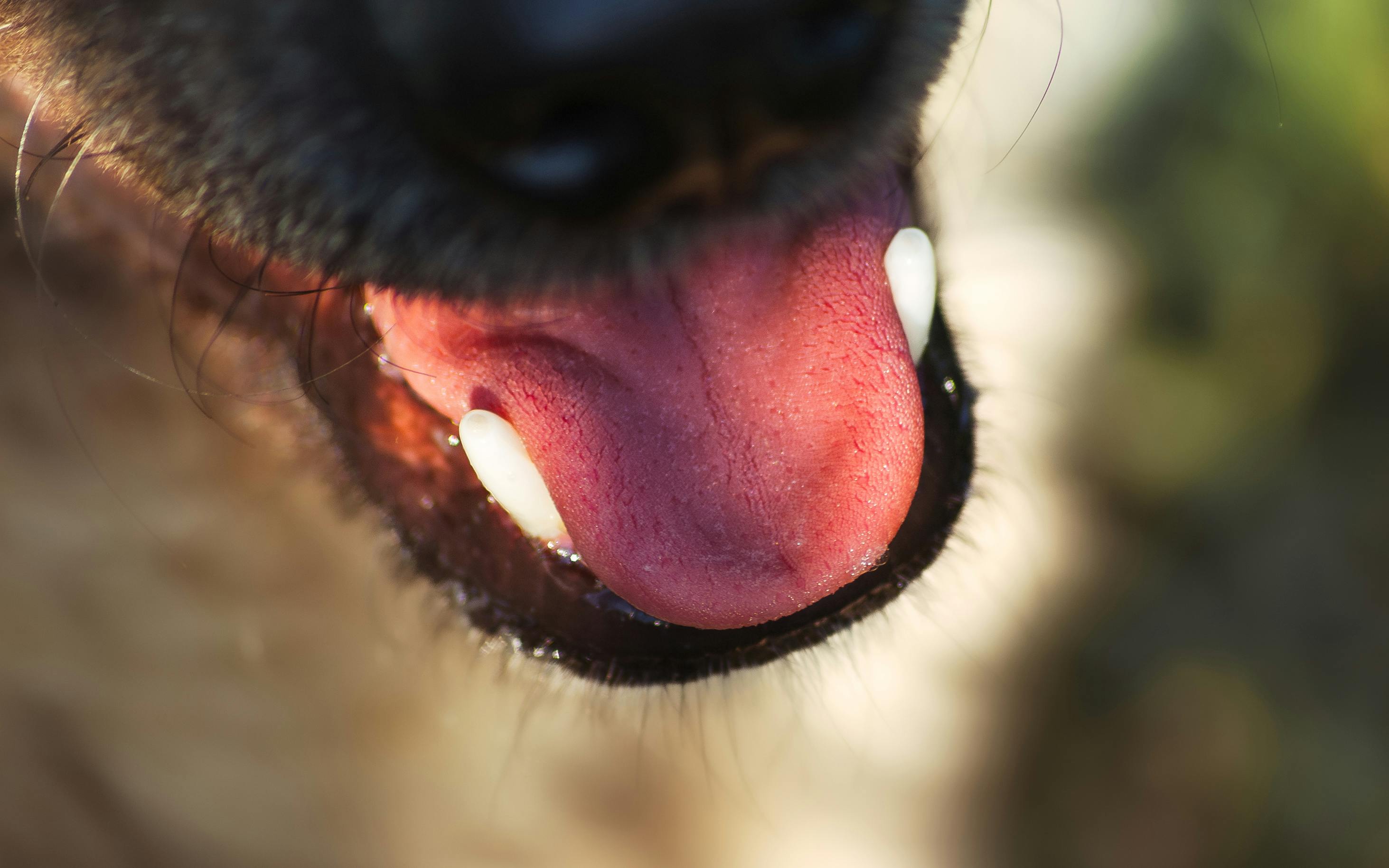
Ever notice your dog’s nose? It’s usually wet and cool, but sometimes it can feel dry. If your dog’s nose too dry, you might be wondering what that could mean for their health. And why do dogs have wet noses in the first place? Well, it’s not just a cute characteristic; it actually serves several important functions. Let’s dive into this fascinating topic and uncover some secrets about our furry friends.
Why Do Dogs Have Wet Noses?
Dogs have wet noses for a number of reasons. Here’s a quick list of some of them:
Regulation of Body Temperature: Dogs don’t sweat like humans. Instead, they pant and their wet noses help cool them down. The moisture evaporates and lowers their body temperature.
Enhanced Sense of Smell: A wet nose can help capture scent particles in the air. This makes their sense of smell even better, which is essential for their survival and communication.
Health Indicator: A dog’s nose can be a good health indicator. A healthy nose is usually moist and cool, while a dry nose might signal something is off.
Now, you might be asking yourself, what does it mean if your dog’s nose is too dry? It’s not always a cause for concern, but it’s worth paying attention to.
Is Your Dog’s Nose Too Dry? Here’s What It Could Mean
When a dog’s nose feels dry, it can indicate several things:
Dehydration: If your dog isn’t drinking enough water, its nose may dry out. Check if your pet is gulping down water or if their water bowl is empty.
Environmental Factors: Hot weather or dry indoor air can lead to a dry nose. Just like humans, dogs can be affected by extreme weather conditions.
Illness: Sometimes, a dry nose can be a symptom of illness. Conditions like fevers, allergies, or even certain skin infections can cause this dryness.
Age: Older dogs may naturally have drier noses. As they age, their skin loses moisture, and that includes their noses.
Other Signs to Watch For
If you notice your dog’s nose is dry, look for other symptoms that might indicate a health issue:
Lethargy: Is your dog less active than usual?
Loss of Appetite: Are they showing disinterest in their food?
Coughing or Sneezing: Any respiratory issues present?
Changes in Urination: Is there an increase or decrease in how often your dog needs to go outside?
If you notice any of these signs along with a dry nose, it’s best to consult with a veterinarian. They can help determine if there’s an underlying health issue.
How to Keep Your Dog’s Nose Healthy
Here are a few tips to maintain your dog’s nose moisture:
Stay Hydrated: Make sure your dog always has access to fresh water. Encourage them to drink, especially during hot weather.
Avoid Hot Surfaces: Dogs can burn their noses on hot pavement or sand, leading to dryness. Walk your dog in the cooler parts of the day.
Use Humidifiers: If your home is dry, consider using a humidifier to keep the air moist. It’s great for both you and your pet.
Check for Allergies: If you suspect allergies might be the issue, consult your vet for possible solutions or treatments.
Regular Vet Visits: Routine check-ups can help catch any potential health issues early on.
Fun Facts About Dog Noses
Did you know that a dog’s nose print is unique, just like a human fingerprint? Here are some more interesting facts:
Scent Detection: Dogs have up to 300 million smell receptors in their noses, compared to about 6 million in humans. That’s why they are great at sniffing out drugs, bombs, and even diseases!
Temperature Regulation: Dogs can lose heat through their noses. That’s why you might notice a wet nose after they’ve been panting.
Communication: Dogs use their noses to communicate with other dogs. They gather information about other dogs through scent, much like we gather information through conversation.
So the next time you’re checking out your dog’s nose, remember it serves a purpose beyond just being adorable. If that nose feels a bit too dry, don’t panic, but do keep an eye on your furry friend’s overall health. Being proactive can help ensure your pup stays happy and healthy!
Wet Noses and Dog Communication: Discover How Dogs Use Their Sense of Smell
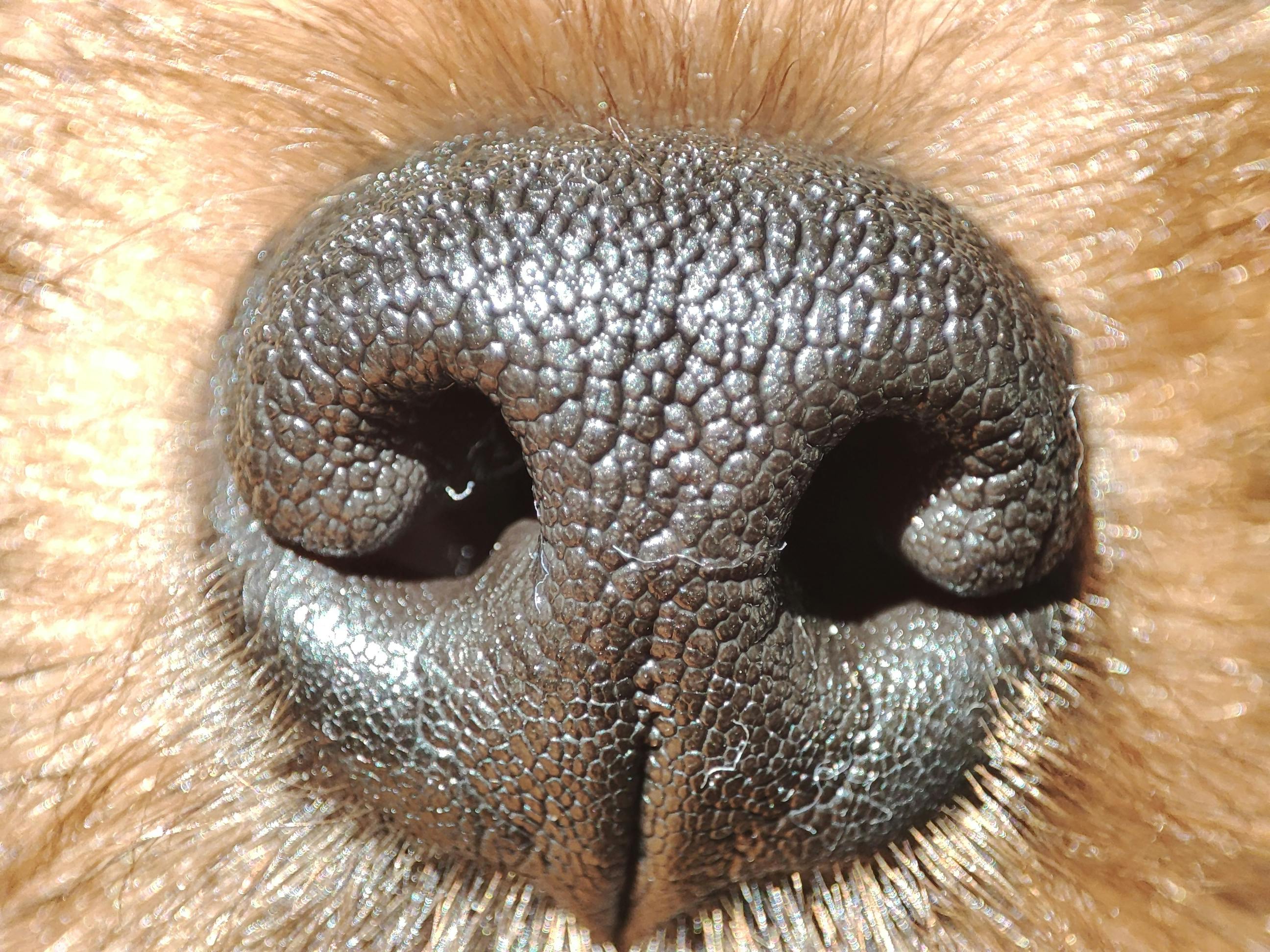
Dogs are often called man’s best friend, and for good reason. They not only provide companionship but also communicate in ways that are fascinating. One of the most interesting aspects of dog behavior is their wet noses. Ever wonder, why do dogs have wet noses? This article explores the science behind their unique noses, how they communicate through smell, and what it all means for our furry friends.
The Science Behind Wet Noses
So, why do dogs have wet noses? The answer is more than just a quirky trait. A dog’s nose is covered in a special type of skin, which allows them to have an incredible sense of smell. In fact, dogs have up to 300 million smell receptors in their noses compared to a human’s mere 5 million. This means they can detect scents at incredibly low concentrations. But what makes their noses wet?
- Moisture Retention: Dogs’ noses are wet because they secrete a thin layer of mucus. This mucus helps to capture scent particles, enhancing their ability to smell.
- Temperature Regulation: A wet nose also helps dogs regulate their body temperature. When they pant, the moisture on their noses evaporates, cooling them down.
- Communication: Wet noses can also play a role in dog communication. Dogs often sniff each other’s noses as a way of greeting and gathering information about one another.
How Dogs Use Their Sense of Smell
Dogs’ incredible noses are not just for show. They use their sense of smell for various purposes, including:
- Hunting: Many breeds have been developed specifically for hunting due to their strong sense of smell. They can track scents from miles away.
- Detecting Emotions: Dogs can smell changes in human body chemistry that occur when we experience different emotions. This is why they often seem to know when we are sad or anxious.
- Social Interactions: Dogs communicate a lot through smell. When they sniff each other, they gather information about age, health, and even mood.
Why Wet Noses Matter
Wet noses aren’t just a cute feature; they serve critical functions in a dog’s life. Here are a few reasons that make wet noses so important:
Enhanced Smelling Ability: Wet noses trap more scent particles, which means dogs can smell better. This is crucial for their hunting instincts, as well as for understanding their environment.
Health Indicator: A dog’s nose can be an indicator of their health. A cold, dry nose can sometimes mean a dog is sick, while a warm, wet nose usually indicates they are fine. However, this isn’t a strict rule, and other signs should be considered.
Bonding: Dogs also use their noses to bond with their human companions. When they nuzzle against you with their wet noses, it’s their way of showing affection and seeking attention.
Fun Facts About Dog Noses
- Unique Nose Prints: Just like human fingerprints, each dog’s nose print is unique. This means they can be used to identify individual dogs.
- Color Variation: Not all dogs have black noses. Some breeds have pink or liver-colored noses, and this can change due to age or health issues.
- Nasal Flaps: Dogs have flaps on their noses that help to protect their sense of smell from dust and debris.
Dogs and Human Connection
The bond between dogs and humans is partly built on communication, and their noses play a huge part in that. By understanding how dogs use their noses, we can better interpret their behaviors and needs.
- Body Language: Dogs often communicate through body language in conjunction with their sense of smell. A wagging tail and a wet nose can mean they are happy and excited.
- Scent Trails: Dogs use their noses to follow scent trails, which is why they often seem distracted during walks. They are gathering information about other animals and their surroundings.
Practical Tips for Dog Owners
As a dog owner, understanding the importance of your dog’s wet nose and sense of smell can lead to a happier, healthier relationship. Here are some tips:
- Encourage Sniffing: Allow your dog to sniff during walks. It’s mentally stimulating and helps them learn about their environment.
- Observe Health: Monitor changes in your dog’s nose. If it becomes persistently dry or cracked, consult a veterinarian.
- Engage Their Sense: Use scent games at home. Hide treats and let your dog find them to keep their sense of smell sharp.
Dogs are incredible creatures, and their wet noses are just one of the many things that make them special. Understanding the science behind their noses not only enriches our knowledge but also enhances the bond we share with them. So next time you notice your dog’s wet nose, remember the fascinating functions it serves in their daily life!
The Myth of Cold Noses: Does a Wet Nose Mean Your Dog Is Sick?
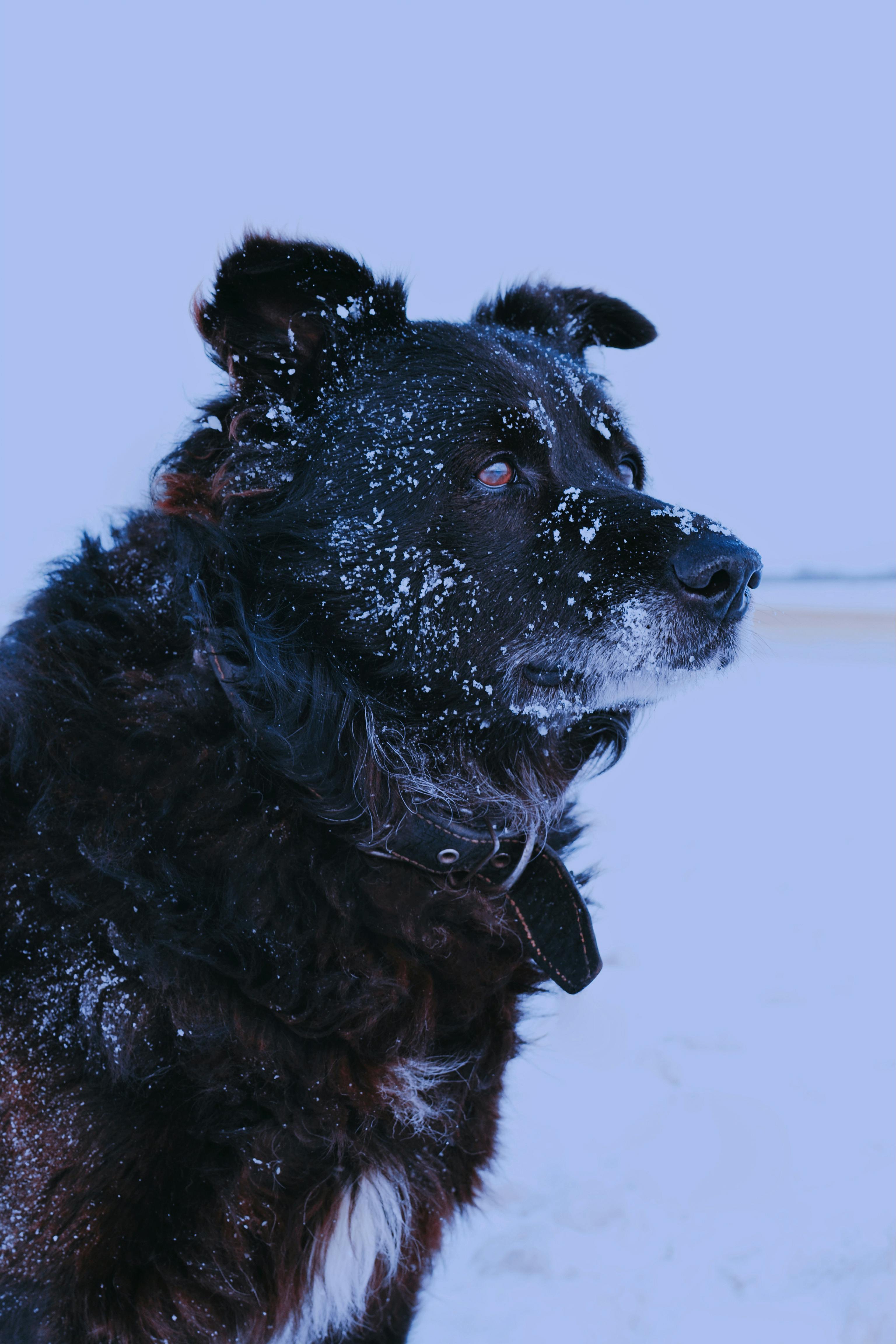
Dogs have a special way of capturing our hearts with their wagging tails and playful antics. But sometimes, people get worried about their health based on one common belief: the condition of their noses. This leads us to the myth of cold noses. Many pet owners wonder, does a wet nose mean your dog is sick? And, why do dogs have wet noses anyway? Let’s dig into this fascinating topic and uncover the truth behind those wet noses.
The Basics of a Dog’s Nose
First off, dogs noses are amazing. They are not just cute, but they serve important purposes. A dog’s nose is covered in moist tissue, which helps them smell better. On average, a dog’s sense of smell is estimated to be 10,000 to 100,000 times more sensitive than humans! So, why are they wet? Well, a wet nose helps to trap scent particles better, which contributes to their incredible olfactory abilities.
Why Do Dogs Have Wet Noses?
There are several reasons why dogs noses are wet. Let’s break it down:
Temperature Regulation: Dogs don’t sweat like humans do. They mainly cool off through panting, but their wet noses also play a role in keeping them cool. The moisture evaporates and helps to regulate their body temperature.
Scent Enhancement: The moisture on a dog’s nose helps them absorb scent particles from the air. This means they can smell better and detect things from far away.
Health Indicator: While a wet nose is often seen as a sign of a healthy dog, it’s not the only indicator. A dog’s nose can change based on several factors, including the environment, weather, and their activity level.
The Myth of a Cold Nose
Now, let’s tackle the myth. Many people believe that if a dog’s nose is cold and wet, they are healthy. Conversely, a warm, dry nose might indicate sickness. This simply ain’t true!
Normal Variability: Dog noses can vary in temperature and moisture throughout the day. Factors like exercise, weather, and even the dog’s mood can affect this. A dog could have a warm nose after a nap or a cold nose after playing outside in the snow.
Signs of Illness: Instead of just focusing on the nose, it’s better to look at other signs of health. Here’s a short list of symptoms that might indicate a dog is not feeling well:
- Loss of appetite
- Lethargy or unusual tiredness
- Vomiting or diarrhea
- Changes in behavior or temperament
If you notice any of these signs, it’s a good idea to consult a vet, rather than just looking at the nose.
What to Look for in Your Dog’s Nose
If you’re still concerned about your dog’s health, here’s what you should keep an eye on regarding their nose:
Moisture Level: A healthy nose is usually moist. But not overly wet or dripping.
Temperature: It can be cool to the touch, but should not feel excessively warm.
Color: A healthy nose can be various colors (black, brown, or pink) depending on the breed, but it should not have any unusual discoloration.
Cracking or Dryness: If the nose is cracking, peeling, or excessively dry, it might be worth a trip to the vet.
Fun Facts About Dog Noses
Unique Prints: Just like human fingerprints, every dog has a unique nose print.
Nasal Turbinates: Dogs have complex structures in their noses called nasal turbinates, which help to warm and humidify the air they breathe in.
Scent Detection: Some dogs are trained to detect diseases like cancer or diabetes by smelling the breath or sweat of humans.
Final Thoughts
In the end, while a wet nose can be a good sign, it’s not the only thing that matters when it comes to your dog’s health. Understanding the reasons behind a dog’s wet nose gives insights into their biology and what’s normal. It’s important to look at the complete picture of your dog’s health. If you have any concerns, reach out to a veterinarian who can provide professional guidance. Keeping your furry friend happy and healthy is a priority for every pet owner!
How to Keep Your Dog’s Nose Healthy and Moist: Expert Tips for Pet Owners

Owning a dog can be one of the most gratifying experiences of life. But, just like humans, dogs require proper care to stay healthy and happy. A significant part of that care involves maintaining your dog’s nose, which is often overlooked by pet owners. You might wonder, why do dogs have wet noses? And how to keep your dog’s nose healthy and moist? In this article, we delve into these questions, offering expert tips that every pet owner should consider.
Why Do Dogs Have Wet Noses? Discover This Fascinating Secret!
Dogs are known for their wet noses, but why is that? The truth is, a wet nose has several functions that can benefit your furry friend. A moist nose can help enhance a dog’s sense of smell, which is critical for their overall interaction with the world. When their noses are wet, it helps to trap scent particles, allowing them to sniff more effectively.
Here’s some interesting facts about dog noses:
- Temperature Regulation: Dogs lose heat through their noses. A wet nose helps to cool their bodies down.
- Scent Detection: The moisture on the nose helps capture and absorb scents, making it easier for dogs to identify various smells.
- Health Indicator: A healthy dog’s nose is generally moist and cool. If it becomes excessively dry or warm, it could indicate an underlying health issue.
How to Keep Your Dog’s Nose Healthy and Moist: Expert Tips for Pet Owners
Maintaining your dog’s nose is not only about keeping it moist; it’s about ensuring overall health. Here are some tips to help you keep your dog’s nose in tip-top shape:
1. Hydration is Key
- Always Provide Fresh Water: Ensure your dog has access to clean water at all times. Dehydration can lead to a dry nose, which is not good.
- Consider Their Diet: Some dog foods have higher moisture content. Wet food might be beneficial for keeping their noses hydrated.
2. Environment Matters
- Avoid Dry Environments: If you live in a dry climate, consider using a humidifier in your home to help maintain moisture levels.
- Limit Exposure to Sun: Just like humans, dogs can get sunburned, especially on their noses. Use pet-safe sunscreen if your dog spends a lot of time outdoors.
3. Regular Check-Ups
- Veterinary Visits: Regularly scheduled vet visits can help catch any potential issues early. Your vet can provide insight into your dog’s overall health and nose condition.
- Monitor Changes: Keep an eye on any changes in your dog’s nose. If it becomes excessively dry, cracked, or begins to bleed, consult a veterinarian immediately.
4. Cleanliness is Essential
- Wipe Away Dirt and Debris: After walks or playtime, gently wipe your dog’s nose with a soft, damp cloth to remove dirt and allergens.
- Avoid Harsh Chemicals: Make sure any cleaning products you use around your dog are pet-safe. Harsh chemicals can irritate their skin and nose.
5. Natural Remedies
- Use Natural Oils: A small amount of coconut oil or olive oil can be beneficial for a dry nose. Just make sure to apply it sparingly and monitor for any adverse reactions.
- Consider Nose Balms: There are specific products designed for dog noses. Look for balms made from natural ingredients that can help maintain moisture.
Important Signs and Symptoms to Watch For
Being aware of your dog’s health is crucial. Here are some signs that your dog’s nose might need attention:
- Cracks or Fissures: Indicates extreme dryness.
- Change in Color: A nose that changes from its normal color could indicate health issues.
- Excessive Dryness: If the nose remains dry even after drinking water, it’s a sign to check in with a vet.
- Bleeding: Any bleeding should be treated as an emergency.
Keeping your dog’s nose healthy and moist isn’t just about aesthetics; it’s about their overall wellbeing. Dogs communicate a lot through their sense of smell, and maintaining a healthy nose contributes to their happiness and quality of life. By following these expert tips and being proactive about your dog’s health, you can ensure they lead a happy, healthy life. Remember, a wet nose is often a sign of a happy pup!
Conclusion
In conclusion, the wet noses of dogs serve several essential functions that contribute to their health and well-being. The moisture helps enhance their sense of smell, allowing them to detect scents more effectively, while also playing a crucial role in temperature regulation and hydration. Additionally, a dog’s wet nose can be an indicator of its overall health, as changes in moisture levels may signal potential issues. Understanding these fascinating aspects of canine biology not only deepens our appreciation for our furry companions but also equips us with the knowledge to care for them better. If you’re a dog owner, take a moment to observe your pet’s nose and consider how this unique feature is integral to their daily lives. Embrace your dog’s quirks, and remember that each wet nose tells a story of health, instinct, and affection.

